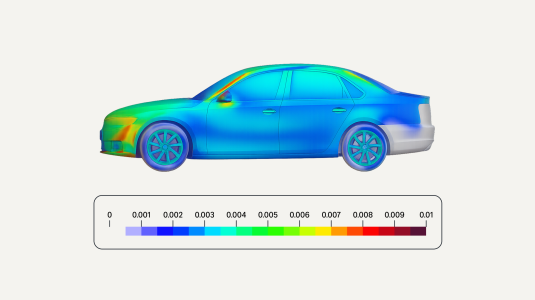Customer-obsessed science


Research areas
-
September 26, 2025To transform scientific domains, foundation models will require physical-constraint satisfaction, uncertainty quantification, and specialized forecasting techniques that overcome data scarcity while maintaining scientific rigor.
-
Featured news
-
NeurIPS 20232023Most linear experimental design problems assume homogeneous variance, even though heteroskedastic noise is present in many realistic settings. Let a learner have access to a finite set of measurement vectors X ⊂ ℝd that can be probed to receive noisy linear responses of the form y = x⊤θ* + η. Here θ* ∈ ℝd is an unknown parameter vector, and η is independent mean-zero σx2 -strictly-sub-Gaussian noise defined
-
Smart Health2023Activity classification has become a vital feature of wearable health tracking devices. As innovation in this field grows, wearable devices worn on different parts of the body are emerging. To perform activity classification on a new body location, labeled data corresponding to the new locations are generally required, but this is expensive to acquire. In this work, we present an innovative method to leverage
-
WACV 2024 Workshop on Pretraining2023To build scalable models for the challenging real-world tasks, it is important to learn from diverse, multi-modal data in various forms (e.g., videos, text, images). Amongst the existing works, a plethora of them have been focusing on leveraging large but cumbersome cross-modal architectures. Regardless of their effectiveness, larger architectures unavoidably prevent the models from being extended to realworld
-
FSDM 20232023The Net Promoter Score (NPS) is often used in customer experience programs for measuring customer loyalty. Increasingly more companies seek to automatically process millions of pieces of customer feedback from social media per month in order to estimate their NPS, leveraging advanced analytics like machine learning (ML) and natural language processing (NLP). Discovering trends and themes in customer interactions
-
CIKM 20232023The recent surge in Large Language Model (LLM) related applications has led to a concurrent escalation in expectations for LLMs to accommodate a myriad of personas and encompass a broad spectrum of perspectives. An important first step towards addressing this demand is to align language models with specific personas, be it groups of users or individuals. Towards this goal, we first present a new conceptualization
Collaborations
View allWhether you're a faculty member or student, there are number of ways you can engage with Amazon.
View all














































